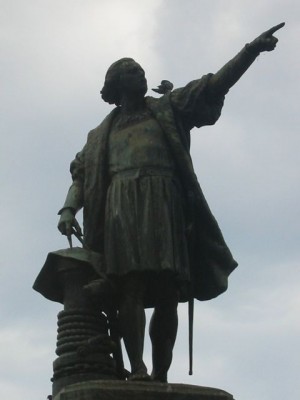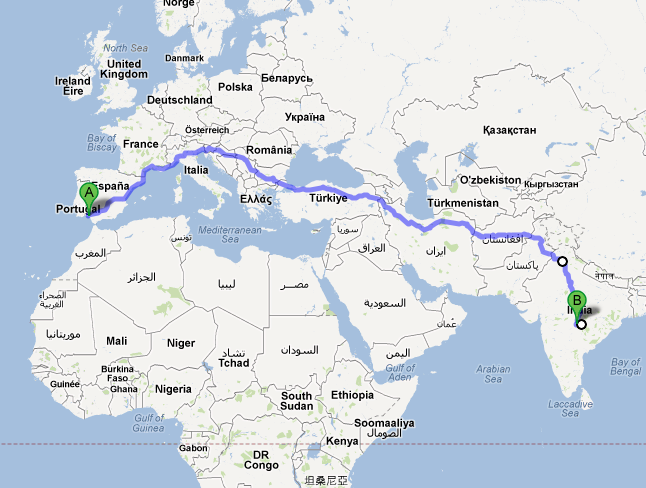In the corporate world of business and technology, we are often asked to produce roadmaps for products and processes. Despite what Dilbert may think about it, there’s no doubt that developing a roadmap is a very valuable exercise. After all, if you don’t know where you are going, you have no way to find when you got there. In the case of technology roadmaps, the Wikipedia article summarizes well their benefits:
Developing a roadmap has three major uses. It helps reach a consensus about a set of needs and the technologies required to satisfy those needs; it provides a mechanism to help forecast technology developments and it provides a framework to help plan and coordinate technology developments.
All that is very good, reasonable and wise. However, in the case of social business roadmaps, there is a fundamental issue with that approach.

Here’s the big issue: You (and I, and anybody else who’s not delusional, dreaming or just lying) don’t actually know PRECISELY where you are going or how to get there. You likely know what you are trying to accomplish, what success would feel like and what rewards to expect, but that’s like saying that for your next vacation you want to go to some place warm, sunny and beautiful. That could be Hawaii, Santorini or your backyard. Paraphrasing Justice Potter Stewart, you pretty much will know it when you see it.
Because of that uncertainty, social business roadmapping is essentially an options game, where you have to avoid placing yourself on a corner. You have to keep your options open, and you have to hedge against bad decisions along the way. Rest assured that you will make them, so be prepared to survive and excel in that environment.
Ben Hogan supposedly said that golf “is a game of misses. The guy who misses the best is going to win”. A similar quote, attributed to golf guru Bob Rotella, elaborates further on the subject: “Golf is about how well you accept, respond to, and score with your misses much more so than it is a game of your perfect shots”. That’s almost a perfect definition of what implementing a Social Business platform in your organization will look like. At the early stages, there will be more skeptics than believers. There will be more lukewarm stories than the “feel good” ones. There will be dozens, hundreds of dead communities that went nowhere. There are going to be sweat, tears and scars. Your ultimate success will depend on how well you learn from what you see and on your ability to adjust course along the way.
So get ready. Your Social Business roadmap will not be a prescriptive step-by-step A-to-B set of directions:

Like it happened to Europeans in the 15th century, the silk road is no longer an option to bring the riches from the metaphorical Far East. You know you want to get to India and China, but there is no paved path taking you there. Your roadmap resembles the one from Christopher Columbus, not the one from Marco Polo. But that’s not necessarily a bad thing. Along the way, you may find things that may be even more valuable that what you were originally looking for – like America, for example.
So be brave and be bold: it will be a long but rewarding journey.



